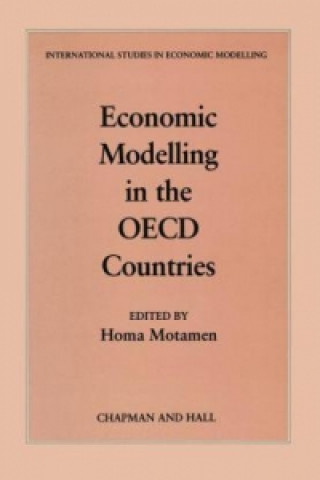
Kód: 01386124
Economic Modelling in the OECD Countries
Autor Homa Motamen-Scobie
among the 159 member countries of the United Nations Organization which are treated as country units, while smaller countries are grouped together in regions. The number of equations used is approximately 13 700, while the number ... celý popis
- Jazyk:
 Angličtina
Angličtina - Vazba: Pevná
- Počet stran: 776
Nakladatelství: Chapman and Hall
- Více informací o knize

2258 Kč
Dostupnost:
50 % šance Máme informaci, že by titul mohl být dostupný. Na základě vaší objednávky se ho pokusíme do 6 týdnů zajistit.
Máme informaci, že by titul mohl být dostupný. Na základě vaší objednávky se ho pokusíme do 6 týdnů zajistit.Prohledáme celý svět
Mohlo by se vám také líbit
Darujte tuto knihu ještě dnes
- Objednejte knihu a zvolte Zaslat jako dárek.
- Obratem obdržíte darovací poukaz na knihu, který můžete ihned předat obdarovanému.
- Knihu zašleme na adresu obdarovaného, o nic se nestaráte.
Informovat o naskladnění knihy
Zadejte do formuláře e-mailovou adresu a jakmile knihu naskladníme, zašleme vám o tom zprávu. Pohlídáme vše za vás.
Více informací o knize Economic Modelling in the OECD Countries
Nákupem získáte 226 bodů
 Anotace knihy
Anotace knihy
among the 159 member countries of the United Nations Organization which are treated as country units, while smaller countries are grouped together in regions. The number of equations used is approximately 13 700, while the number of software steps for computation is approximately 100000. Computation, including tabulation, can nevertheless be performed very rapidly, and only about 20 minutes is required to make forecasts from the present up to the year 2000. The FUGI model is at present being used by the Projections and Perspectives Studies Branch, Department of International Economic and Social Affairs of the United Nations, for simulations of United Nations medium- and long-term international development strategies, while the Project LINK model is being used for short-term forecasts (Onishi, 1985). Stimulated by our latest joint research with the United Nations University on a 'global early warning system for displaced persions', we have felt the need for our FUGI model to go beyond its present capacities centred on an 'economic' model (in the rather traditional, restricted sense of the term) and to develop into a model that can in the future analyse 'global problematiques' or 'global complexes of symptoms' and complicated questions including various types of environmental problems and the sorts of displaced persons issues to which we are now directing our attention. We are thus expanding the scope of our fifth-generation FUGI model, presently under development, to deal with such issues.
 Parametry knihy
Parametry knihy
Zařazení knihy Knihy v angličtině Economics, finance, business & management Economics
2258 Kč
- Plný název: Economic Modelling in the OECD Countries
- Autor: Homa Motamen-Scobie
- Jazyk:
 Angličtina
Angličtina - Vazba: Pevná
- Počet stran: 776
- EAN: 9780412297700
- ISBN: 0412297701
- ID: 01386124
- Nakladatelství: Chapman and Hall
- Hmotnost: 1360 g
Oblíbené z jiného soudku
-
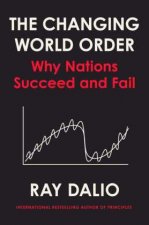
Principles for Dealing with the Changing World Order
506 Kč -
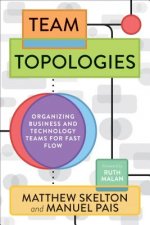
Team Topologies
512 Kč -

Freakonomics
213 Kč -

Misbehaving - The Making of Behavioral Economics
284 Kč -

Indispensable Milton Friedman
692 Kč -
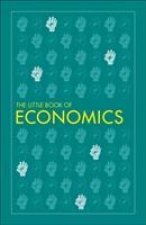
Little Book of Economics
276 Kč -

Why Nations Fail
276 Kč -

Pyramid Principle, The
1268 Kč -

Essential Mathematics for Economic Analysis
1926 Kč -
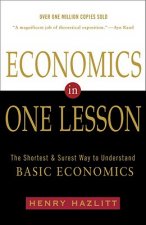
Economics In One Lesson
368 Kč -

Predictably Irrational
389 Kč -

Price of Inequality
259 Kč -

(Mis)Behaviour of Markets
357 Kč -

Debt, 10th Anniversary Edition
647 Kč -

A-Level Economics: Year 1 & 2 Complete Revision & Practice (with Online Edition)
700 Kč -

The Invisible Hand
196 Kč -

Liar's Poker
303 Kč -
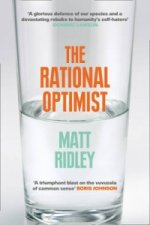
Rational Optimist
276 Kč -

Irrational Exuberance
485 Kč -
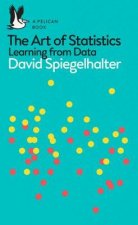
Art of Statistics
306 Kč -

Scrum - A Pocket Guide - 3rd edition
563 Kč -

Hypomanic Edge
502 Kč -

How I Made One Million Dollars Last Year Trading Commodities
979 Kč -

Misbehavior of Markets
584 Kč -

Econometric Analysis, Global Edition
2129 Kč -

Cartoon Introduction to Economics
462 Kč -
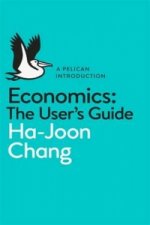
Economics: The User's Guide
358 Kč -
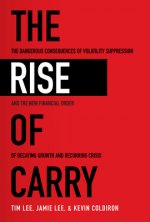
Rise of Carry: The Dangerous Consequences of Volatility Suppression and the New Financial Order of Decaying Growth and Recurring Crisis
644 Kč -

Myth of Capitalism - Monopolies and the Death of Competition
537 Kč -

How Rich Countries Got Rich and Why Poor Countries Stay Poor
410 Kč -

Business Etiquette in Brief
310 Kč -

Intermediate Microeconomics and Its Application
2616 Kč -

Discovery, Capitalism & Distributive Justice
542 Kč -

Are the Rich Necessary?
312 Kč -
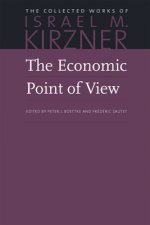
Economic Point of View
667 Kč -

Driving Digital Transformation
543 Kč -

Start-Up Nation
254 Kč -
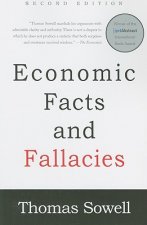
Economic Facts and Fallacies
417 Kč -

Decision Book
447 Kč -
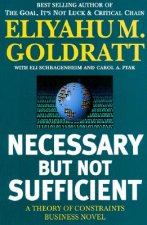
Necessary but Not Sufficient
404 Kč -

Freakonomics
172 Kč -

Economics Book
534 Kč -

Leading at a Higher Level
813 Kč -

Principles of Economics
389 Kč -
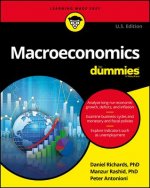
Macroeconomics For Dummies
581 Kč -

45 Second Presentation That Will Change Your Life
232 Kč -

Economics of the Public Sector
2255 Kč -

Factfulness
259 Kč -

Currency Wars
399 Kč
Osobní odběr Praha, Brno a 12903 dalších
Copyright ©2008-24 nejlevnejsi-knihy.cz Všechna práva vyhrazenaSoukromíCookies




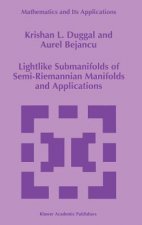


 Vrácení do měsíce
Vrácení do měsíce 571 999 099 (8-15.30h)
571 999 099 (8-15.30h)